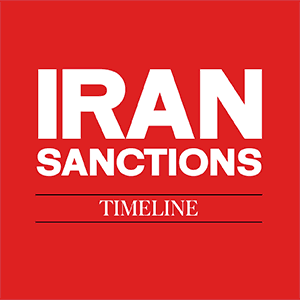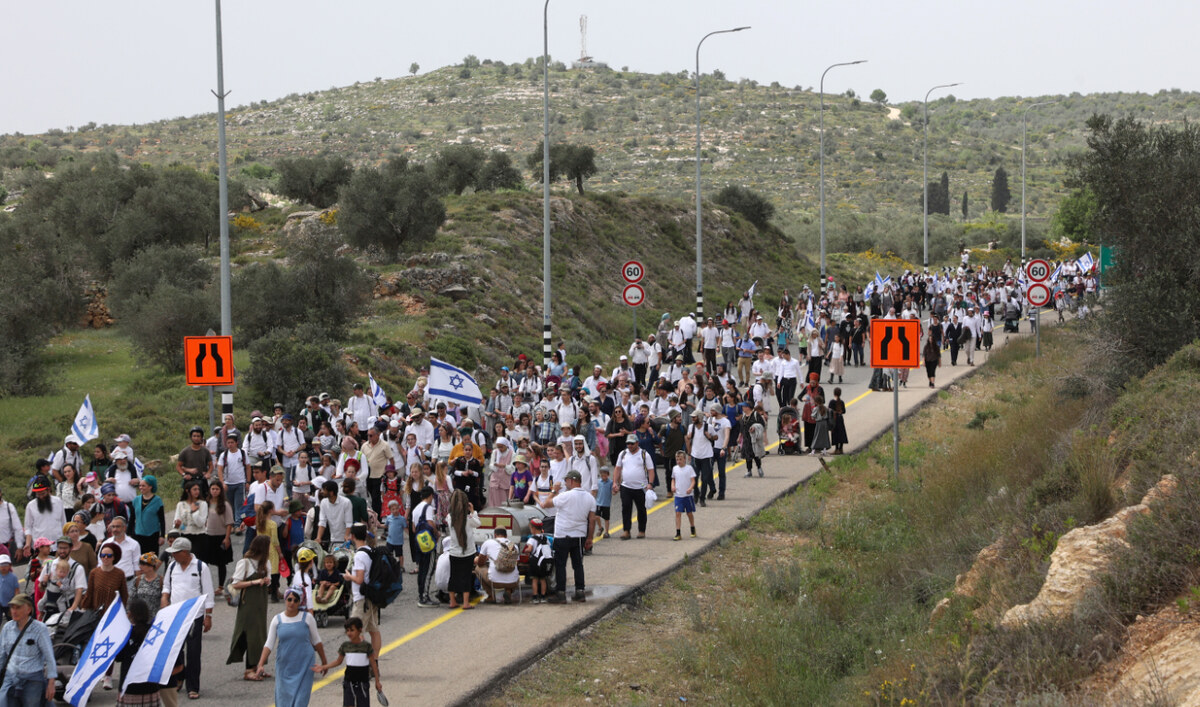LONDON: The United States announced a new raft of sanctions on Iran on Monday and threatened further action if Tehran did not halt its destabilizing behavior.
The new measures cover 50 Iranian banks and subsidiaries, more than 200 persons and vessels in its shipping sector, and targets Tehran’s national airline, Iran Air, and more than 65 of its aircraft.
The move restore all the US sanctions that had been lifted under the 2015 nuclear accord that gave Iran billions of dollars in sanctions relief in exchange for curbs on its nuclear program. It brought to more than 900 the number of Iran-related targets sanctioned by the Trump administration in less than two years.
“The Iranian regime has a choice: it can either do a 180-degree turn from its outlaw course of action and act like a normal country, or it can see its economy crumble,” Secretary of State Mike Pompeo said.
“We hope a new agreement with Iran is possible," he added. “Rest assured, Iran will never come close to getting a nuclear weapon on President Trump's watch.”
Pompeo also said that “Saudi Arabia has supported our efforts in fighting terrorism while Iran is destabilizing the region.”
The move restores, and strengthens, sanctions lifted under a 2015 international agreement on Iran's nuclear programme from which Washington withdrew in May.

US Treasury Secretary Steven Mnuchin said the move “should make clear to the Iranian regime that they will face mounting financial isolation and economic stagnation until they fundamentally change their destabilizing behavior.
“The maximum pressure exerted by the United States is only going to mount from here. We are intent on making sure the Iranian regime stops siphoning its hard currency reserves into corrupt investments and the hands of terrorists.”
Pompeo said more than 20 countries had already cut their oil imports from Iran, reducing purchases by more than 1 million barrels per day.
He confirmed the US had granted exemptions to eight countries allowing them to temporarily continue buying Iranian oil.
Some of the eight countries — China, India, Greece, Italy, Taiwan, Japan, Turkey and South Korea — include OPEC member Iran’s top customers.
Pompeo said the waivers, which expire in six months, were necessary to avoid disruption of world oil markets and to give the eight countries more time to eliminate their imports.
During those six months, the importing country can buy Iranian oil but must deposit Iran’s revenue in an escrow account. Iran can spend the money but only on a narrow range of humanitarian items.
-----------------------------------------------------------
KEY POINTS:
- Sanctions target more than 700 Iranian and Iranian-linked individuals, entities, aircraft and vessels
- Among those are 50 Iranian banks and subsidiaries, more than 200 people and ships, Iran Air and more than 65 of its planes
- Greece, India, Italy, Japan, South Korea, Taiwan, Turkey and China to continue to purchase Iranian oil as long as they work to reduce imports to zero
- European and other banks and businesses face secondary sanctions if Washington deems them in breach of sanctions
- SWIFT is suspending some unspecified Iranian banks’ access to its messaging system in the interests of the stability and integrity of the global financial system
-----------------------------------------------------------
The SWIFT banking network, the backbone for international monetary transfers, said Monday it has suspended several Iranian banks from its service, after the United States reimposed nuclear sanctions on Tehran.
"In keeping with our mission of supporting the resilience and integrity of the global financial system as a global and neutral service provider, SWIFT is suspending certain Iranian banks' access to the messaging system," it said.
"This step, while regrettable, has been taken in the interest of the stability and integrity of the wider global financial system."
SWIFT, the Belgian-based Society for Worldwide Interbank Financial Telecommunication, provides banks with a secure messenger network to allow international transfers.
Without its services, Iranian banks will find it more difficult to do business with any client prepared to brave US sanctions to maintain ties with Tehran.
Sanctions have already cost Iran billions of dollars in oil revenue since May, US Special Representative for Iran Brian Hook, said on Monday.
"Our oil sanctions have taken off 1 million barrels of Iranian oil off the market, and that alone has reduced the regime's revenues by more than $2 billion," he said.
Israeli Prime Minister Benjamin Netanyahu hailed what he called US President Donald Trump’s courageous decision in reimposing US sanctions on Iran.
“This day is a historic day,” Netanyahu said. “I would like to again thank US President Donald Trump for the courageous, determined and important decision. I think this contributes to stability and security and peace.”
His comments were predictably in contrast to Iran, which greeted the re-imposition of US sanctions with air defense drills and an acknowledgement from President Hassan Rouhani the nation faces a “war situation,” raising Middle East tensions as America’s maximalist approach to the Islamic Republic takes hold.
“Today, Iran is able to sell its oil and it will sell,” Rouhani vowed Monday as the sanctions kicked in.
“We are in the war situation, ” Rouhani said. “We are in the economic war situation. We are confronting a bullying enemy. We have to stand to win.”
Iranian state television aired footage of air defense systems and anti-aircraft batteries in two-day military maneuvers underway across a vast stretch of the country’s north. It included surface-to-air missiles shooting down a drone.
The drill was to continue through Tuesday. Iranian army Gen. Habibillah Sayyari said both the national army and the country’s paramilitary Revolutionary Guard were taking part in the exercise.
-----------------------------------------------------------
READ MORE:
China to continue Iran trade despite new US sanctions
Iran will sell oil, break US sanctions, President Rouhani says
How US sanctions will hit Iran
-----------------------------------------------------------
Iran is already in the grip of an economic crisis. Its national currency, the rial, now trades at 145,000 to one US dollar, down from when it traded 40,500 to $1 a year ago. The economic chaos sparked mass anti-government protests at the end of last year which resulted in nearly 5,000 reported arrests and at least 25 people being killed. Sporadic demonstrations still continue.
Rouhani separately said leaders from “four powers” met with Iran on the sidelines of the September meeting of the United Nations General Assembly to try to save the deal, including brokering a possible meeting with Trump.
He did not name those countries, but was likely referring to China, France, Russia and Britain, which along with Germany made up the world powers involved in the 2015 nuclear deal.
The European Union, France, Germany and Britain said they regretted the US decision and would seek to protect European companies doing legitimate business with Tehran.
*With Reuters, AP and AFP.

































